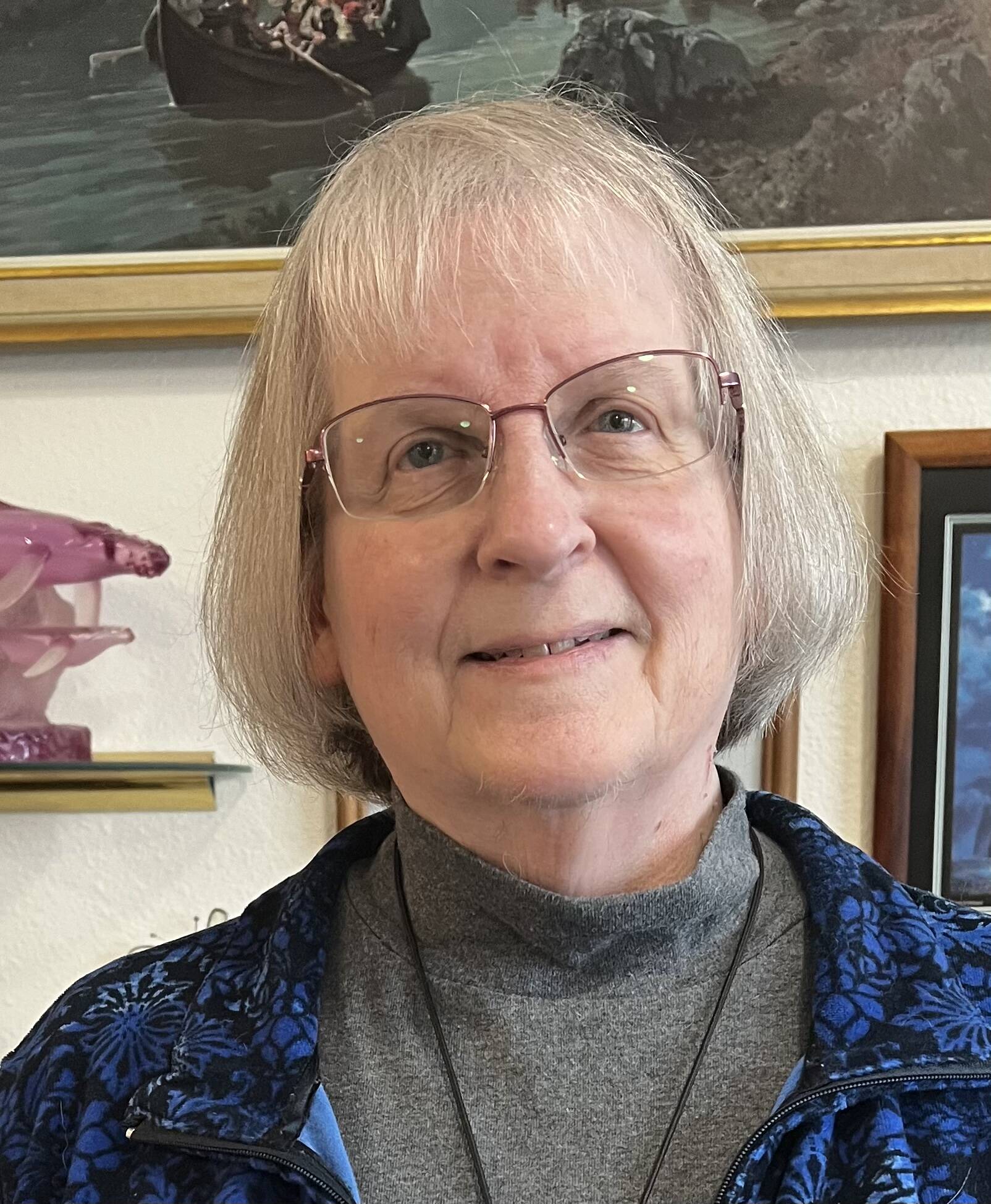“There is no substance abuse here! Tanya has schizoaffective disorder. It is not her fault or yours. Here is the number to the National Alliance for the Mentally Ill. You are going to need them.”
Three days earlier, Larry and I had rushed our 15-year-old daughter kicking and screaming to Mercywood Psychiatric Hospital in Ann Arbor. The words and our naivety about mental illness left us stunned. In complete denial and ignorance, we thought she would be stabilized, and life would return to normal in three weeks.
It was 1987. Stigma and ignorance about mental illness often terminated a pastor’s call when mental illness struck their families. Up until this point, we lived a fairly stable idealistic life and could easily hide our vulnerabilities. This left us feeling helplessly devastated and in a state of vulnerability we could not hide.
The world expects us to work for strength and embrace power. Consequently, we had convinced ourselves that hiding our vulnerabilities was synonymous to strength.
We wondered how this would affect Larry’s ministry. For nine years, the people of Prince of Peace had grown to love our spirited child! They were going to notice she was missing and questions would abound. We knew we must tell them, but how? Our greatest fear was exposing our vulnerability! We reached out to a couple of trusted parishioners who took our two youngest, so we could retreat and pray.
Suddenly, a wonderful transformation took place and we began to understand that to love is to be vulnerable. Vulnerability is at the heart of being human.
Jesus’ vulnerability began at his birth to his crucifixion. As the Son of God, he emptied himself of all power and acknowledged his vulnerability as human in order to redeem humanity on the cross. Jesus offers an image of vulnerability blended with strength which offers love, compassion, and mercy. God calls us to remember our vulnerability and how we can serve the poor, weak, marginalized and all humankind.
In 2 Corinthians 12:9, God tells Paul, “My power is made perfect in weakness.” Strength is found in admitting we are weak. We find our strength in our vulnerability.
Three weeks had passed when we were jolted into the reality that Tanya’s illness was lifelong and required long-term care. In a state of utter despair, and realizing we could no longer contain our pain, we exposed our vulnerable selves in the safety of the congregation’s women’s group, who embraced us with love. To our astonishment, our willingness to be vulnerable made it safe for some to share their struggles with mental illness in their families, for the first time!
From that time forward, we discovered sharing our vulnerability was not a weakness, but strength. By sharing our vulnerability with others, we allowed others to find strength in their own vulnerability.
Vulnerability is where change begins to happen when we admit we are struggling in life. When we identify with the vulnerable and offer ourselves to the world as vulnerable and humble servants, it allows us to change our focus on how we relate to each other, our community and our world.
Knowing our strength comes from God, may we have the courage to share our vulnerability.
• Laura Rorem is a member of Resurrection Lutheran Church. She writes to honor her husband, Pastor Larry Rorem’s legacy of love, compassion and understanding for all humankind, especially the most vulnerable; and in memory of Tanya’s legacy, who gave us the gift of vulnerability. ”Living & Growing” is a weekly column written by different authors and submitted by local clergy and spiritual leaders. It appears every Friday on the Juneau Empire’s Faith page.

